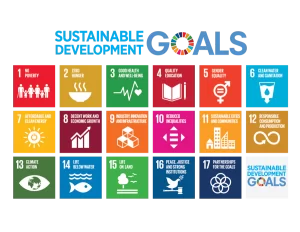The value of water comes out through its direct and indirect role in the production of goods and services, including drinking water, food, energy, health protection and education, mining and industrial manufacturing, waste treatment, environmental protection, and many others. The World Economic Forum has put Water as the number one priority on a world scale and puts water shortage as one of the greatest threats to sustainable development.
The overall objective is to co-develop, improve and retain the skills, knowledge, tools and other resources needed for the education of higher quality graduates of water-related study programmes, conducting more and higher quality water research, and increasing inclusiveness of the partner universities. While the most needs and the outcomes are common to the whole of Africa, the project will demonstrate a systematic approach to medium and long term solutions through eight universities from six African sub-Saharan countries (Kenya, Uganda, Ethiopia, South Sudan, Rwanda and Ghana) and two Norwegian universities (UiB and NMBU).
The Water ESSENCE project focuses on topics with high relevance for the 2030 Agenda and the SDGs with implications for development: education, water, life on land, energy, health, urban development, and organizational/political leadership and collaboration as conceived by the 17 goals. A number of goals are selected for the purpose of analysing how they improve the conditions for realizing other goals, but also how they may be detrimental if pursued without an understanding of the wholeness and interconnectedness between the goals. For example,

SDG 6: “Ensure availability and sustainable management of water and sanitation for all”. This goal shows a high degree of synergy with poverty, agriculture, greening and recycling of industry, cleaner cities not to mentions the importance for SDG2 (Zero Hunger), SDG3 (Good Health), SDG5 (Gender Equality) or SDG10 (Reduced inequality) and SDG17 on partnerships and cooperation.